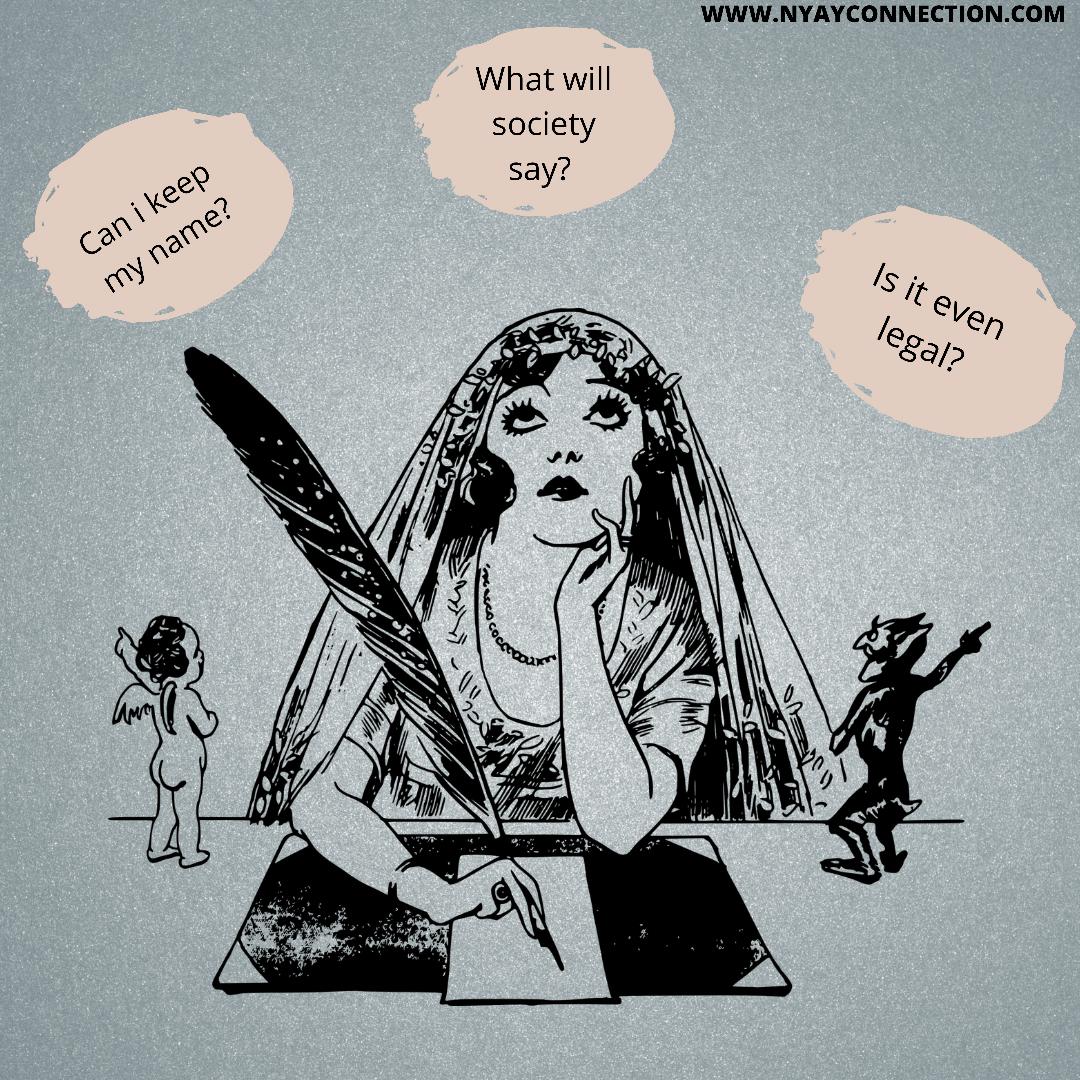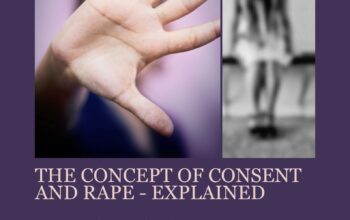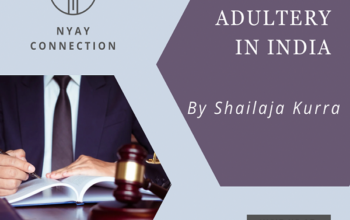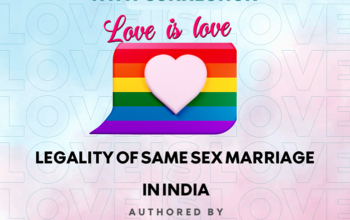Disclaimer: This article mainly questions the social pressure in the name of culture to change name after marriage. It respects and does not question the personal choice to either change or not to change name after marriage.
You carry your name from your birth to 25-30 years of your life and then one fine day when you get married, you are supposed to change your identity. You are expected to change your last name to your husband’s last name. No law mandates a change of name for women after marriage. But the pertinent question that arises is whether having a law only serves the purpose or the bigger issue is the society which is still obsessed with this patriarchal and conservative mindset.
Law does not discriminate between genders, everyone is equal in the eyes of law. Customs played its card to make it seem obligatory for women to change their maiden name to husband’s name or surname and even their first name in some cases.
Isn’t this a clear example of patriarchal structure?
Aren’t we all blindly following meaningless customs and social norms?
Does the desire to keep their identity make women less committed to their marriage?
All these questions arise on the current issue.
While to change or not to change surname is and must be a personal choice, the identity of a person is not supposed to change due to change in marital status. Individual choice to change your name upon attaining the age of 18 years which requires certain formalities is smartly denied to most women in the course of marriage.
As a matter of adherence to social norms or convenience in legal matters, social conditioning is such that women do not hesitate to lose their identity in order to be accepted in the society. Mostly, women are unaware of their option to either keep their name or change it. Women who wish to keep their name often do so by not changing their social media handles but the matter is not solved there, in reality they are identified by the husband’s name or surname.
It is time to normalise what has been abnormal in our society. Most of the shortcomings of not changing surname after marriage are self-imposed.
For example : Confusion regarding the relationship between child and mother or husband and wife having different surnames. We are conditioned to the fact that a family is supposed to have common surnames and the one giving up her identity must be the woman. We can see how a surname raises questions with respect to the intentions of a woman.
But, what if we as a society discard this pre-conception and start recognising women as an individual having an independent identity?
The fact remains that the individual before or after marriage does not change, then why is there a need to change surname?
The bigger question is why are women silently adopting this age-old norm where even the first name of a woman is changed,unless and until it is their personal choice?
This article is written by Apurva Kamboj. She is an advocate and practices in the Courts of Haryana.




